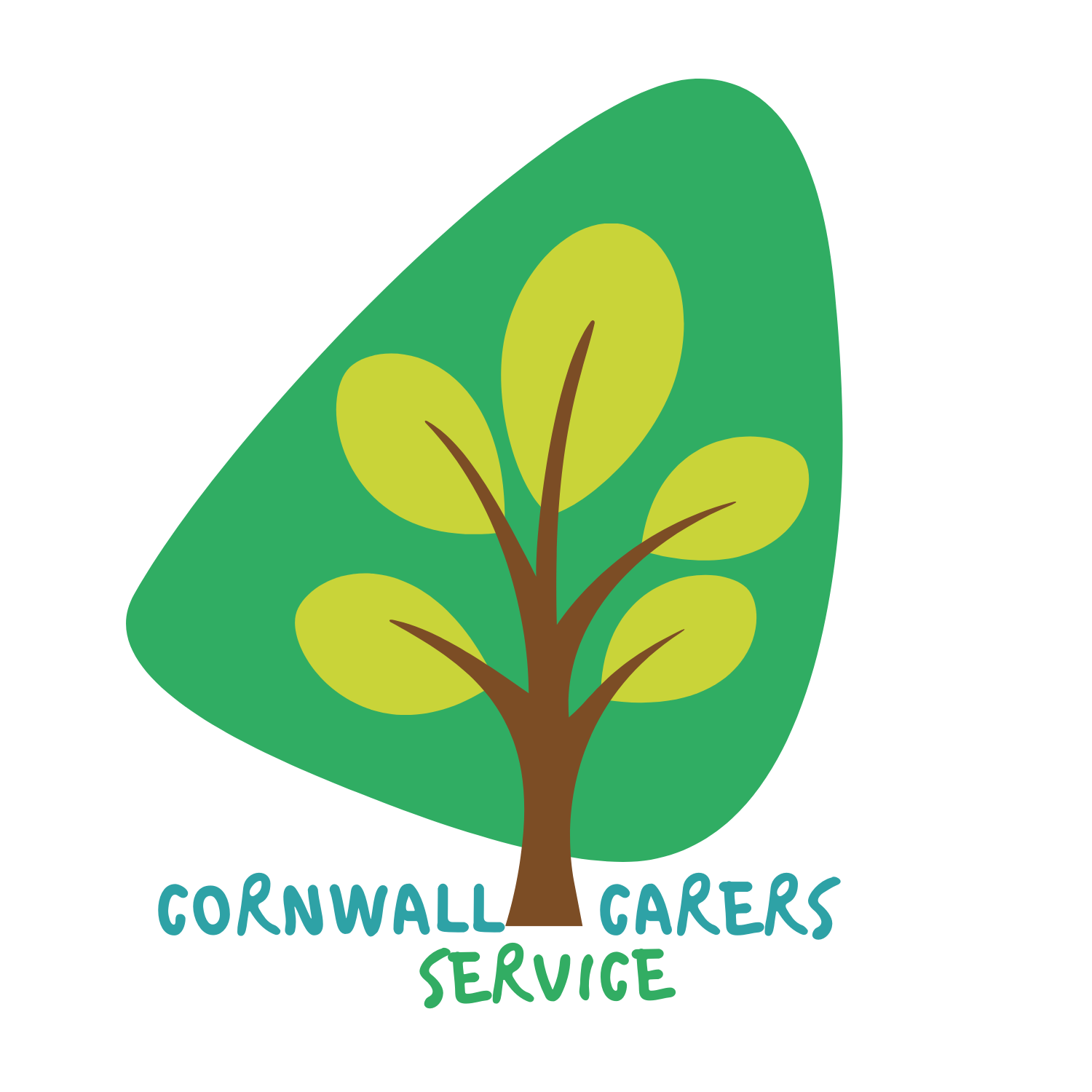
Register as a Carer with Your GP Practice
Your right to be recognised and supported
Why Should You Register?
If you're caring for someone – whether it's a partner, family member, friend, or neighbour – you have the right to be identified as a carer by your GP practice. This simple step can make a real difference to your health and wellbeing.
Many carers don't realise they can do this, or they're not sure how. This page explains your rights, the benefits of registering, and how to go about it.
A Carer's Assessment is your legal right
It's a free, no-obligation conversation about how caring affects your life and what support could help you. It's not a test. It's not about whether you're "doing it right". It's about
At Cornwall Carers Service, we're here to support you through the assessment process and beyond. This page explains everything you need to know.
Better Health Support
Your GP will be able to ask you about any physical or mental health issues you may be experiencing because of your caring role. They can support you with problems like tiredness, stress, back pain, or emotional wellbeing concerns that often come with caring.
What Are the Benefits of Being on Your GP's Carer Register?
More Flexible Appointments
Your surgery can try to be more flexible when arranging appointments for you and the person you care for. This might include double appointments, home visits, or virtual consultations that work better around your caring responsibilities.
Referrals to Local Support
Your GP can refer you to local carer support services, including Cornwall Carers Service. They may also be able to connect you with specialists like occupational therapists, physiotherapists, or mental health services if you need them.
Information Sharing (With Consent)
With the person's consent, your GP can share information about their condition and any developments in their treatment. This helps you provide better care and stay informed about what's happening.
Help in an Emergency
If you become suddenly ill, your GP will know that someone you care for may be at risk because you're unable to care for them. This means emergency support can be arranged more quickly.
Priority Access to Vaccinations
Once registered, you may be eligible for priority vaccines and other public health campaigns. This includes the free annual flu jab if you're the main carer for someone who is older or disabled and who may be at risk if you became ill, or if you receive Carer's Allowance.
How to Register: A Step-by-Step Guide
1.Check if Your Surgery Has a Form
Many GP surgeries have their own carer registration form. You can ask at reception or check your surgery's website to see if there's a form you can download and complete.
2. Contact Your GP Surgery
Phone or visit your GP surgery and tell the receptionist or practice manager that you'd like to be registered as a carer. You don't need an appointment to do this – it can be done at reception.
3. Provide the Information
You'll need to give some basic information, such as your name, your relationship to the person you care for, and how much care you provide. You don't have to be caring for someone who's registered at the same surgery – you can still register as a carer even if the person you care for has a different GP.
4. Ask About the Practice's Support for Carers
When you register, it's worth asking whether the surgery has a carers' champion or lead – someone who specialises in supporting carers. Ask what additional support is available to you through the practice.
5. Keep Your Details Up to Date
If your caring situation changes – for example, if the person you care for moves into a care home or your caring role increases – let your GP surgery know so they can update their records.
Important to Know
You don't need to register with your GP to access other support. You can still request a carer's assessment from Cornwall Council, apply for Carer's Allowance, or contact Cornwall Carers Service for support whether or not you're on your GP's carer register. However, registration can make it easier to access health-related support.
What Information Will Your GP Record?
Your GP will add a note to your patient record using a specific code (called a SNOMED code) to identify you as a carer. This is used across the NHS to ensure carers are recognised and supported. The information is kept confidential and is only used to help provide you with appropriate care and support.
What If Your Surgery Doesn't Seem to Support Carers?
All GP practices should have a carers' register and should be able to register you. If you're having difficulties, you can:
Ask to speak to the practice manager
Contact Cornwall Carers Service for support in registering
Consider registering with a different GP practice if needed
Need Help Registering?
Cornwall Carers Service can support you through the process
Contact us:
We're here to help you understand your rights and access the support you're entitled to.

The Carers Leave Act
Complete guide to your statutory right to one week of unpaid leave per year. Learn who qualifies, how to request leave, and what protections you have.
Explore More of Your Rights and Support
Your Right to Register as a Carer
If you're caring for someone – whether it's a partner, family member, friend, or neighbour – you have the right to be identified as a carer by your GP practice.
Flexible Working Rights
Understand your right to request flexible working arrangements from day one. Explore different types of flexibility and how to make a successful request.
Carers Resilience and Enablement Grant
When unexpected situations prevent you from caring, this grant can provide urgent financial support to help you manage.
Time Off For Dependants
Know your rights to take time off for emergencies involving dependants. Learn what qualifies as an emergency and how much time you can take.
Get a Carers Assessment
If you're caring for someone in Cornwall, whether that's a parent, partner, child, friend, or neighbour, you might not think of yourself as a carer. But you may be entitled to support.

